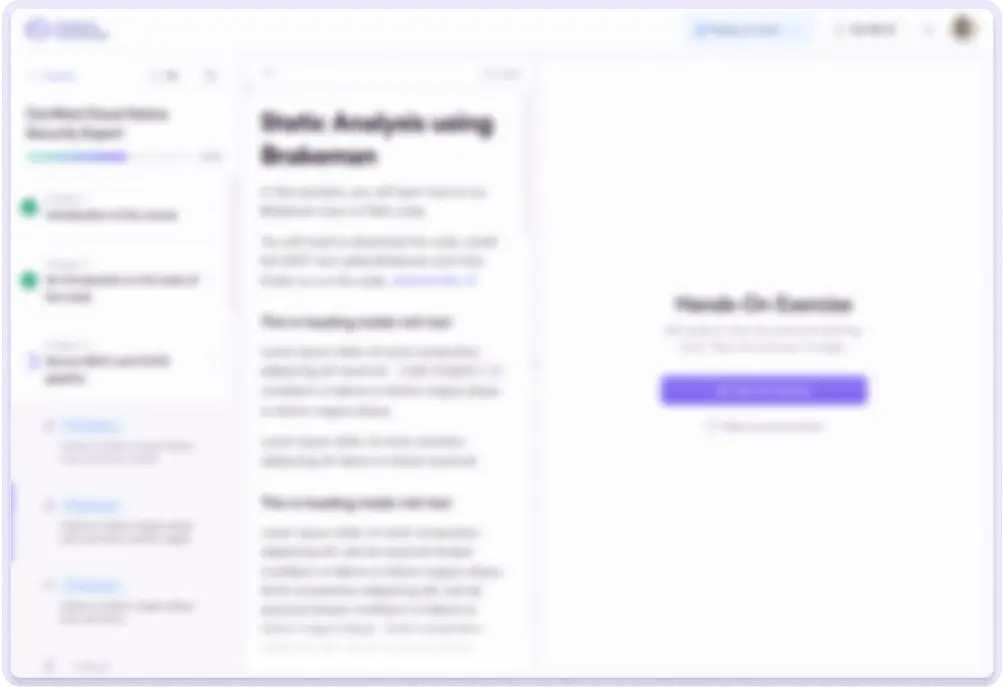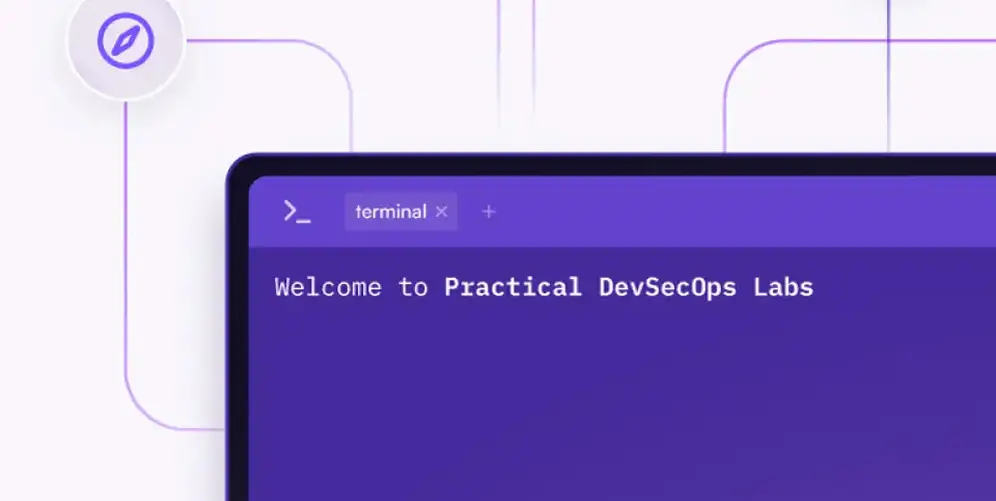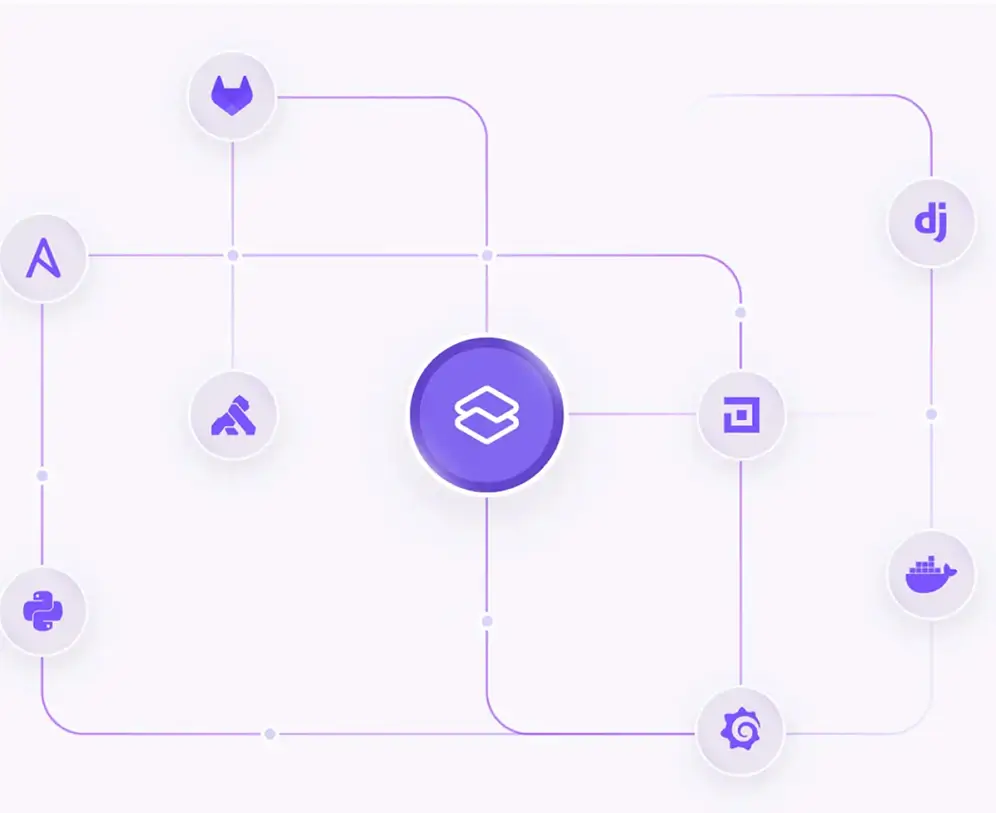





Trusted by 10,000+ Learners
Certified DevSecOps ExpertTM

Trusted by top companies across industries, empowering thousands of professionals worldwide. Join the ranks of security leaders
Course Chapters
Prerequisites
- Course participants must have the Certified DevSecOps Professional (CDP) certification.
- Course participants should have a basic understanding of Application Security Practices like SAST, DAST, etc.,
Chapter 1: Overview of DevSecOps
- DevOps Building Blocks- People, Process and Technology.
- DevOps Principles – Culture, Automation, Measurement and Sharing (CAMS)
- Benefits of DevOps – Speed, Reliability, Availability, Scalability, Automation, Cost and Visibility.
- Overview of the DevSecOps critical toolchain
- Repository management tools.
- Continuous Integration and Continuous Deployment tools.
- Infrastructure as Code (IaC) tools.
- Communication and sharing tools.
- Security as Code (SaC) tools.
- SDLC
- Overview of secure SDLC and CI/CD.
- Review of security activities in secure SDLC.
- Continuous Integration and Continuous Deployment.
- How to move from DevSecOps Maturity Model (DSOMM) Level 2 to Level 4.
- Best practices and considerations for Maturity Level 3.
- Best practices and considerations for Maturity Level 4.
- Security automation and its limits.
- DSOMM level 3 and level 4 challenges and solutions.
Chapter 2: Security Requirements and Threat Modelling (TM)
- What is Threat Modelling?
- STRIDE vs DREAD approaches
- Threat modeling and its challenges.
- Classical Threat modeling tools and how they fit in CI/CD pipeline
- Hands-on Labs:
- Automate security requirements as code.
- Using ThreatSpec to do Threat Modelling as Code.
- Using BDD security to codify threats.
Chapter 3: Advanced Static Analysis(SAST) in CI/CD pipeline
- Why pre-commit hooks are not a good fit in DevSecOps.
- Writing custom rules to weed out false positives and improve the quality of the results.
- Various approaches to write custom rules in free and paid tools
- Regular expressions
- Abstract Syntax Trees
- Graphs ( Data and Control Flow analysis)
- Hands-on Labs:
- Writing custom checks in the bandit for your enterprise applications.
Chapter 4: Advanced Dynamic Analysis(DAST) in CI/CD pipeline
- Embedding DAST tools into the pipeline.
- Leveraging QA/Performance automation to drive DAST scans.
- Using Swagger (OpenAPI) and ZAP to scan APIs iteratively.
- Ways to handle custom authentications for ZAP Scanner.
- Using Zest Language to provide better coverage for DAST scans.
- Hands-On Labs:
- using ZAP + Selenium + Zest to configure in-depth scans
- using Burp Suite Pro to configure per commit/weekly/monthly scans.
Note: Students need to bring their Burp Suite Pro License to use in CI/CD
Chapter 5: Runtime Analysis(RASP/IAST) in CI/CD pipeline
- What is Runtime Analysis Application Security Testing?
- Differences between RASP and IAST.
- Runtime Analysis and challenges.
- RASP/IAST and its suitability in CI/CD pipeline.
- Hands-On Labs:
- A commercial implementation of the IAST tool.
Chapter 6: Infrastructure as Code(IaC) and Its Security
- Configuration management (Ansible) security
- Users/Privileges/Keys – Ansible Vault vs Tower.
- Challenges with Ansible Vault in CI/CD pipeline.
- Introduction to Packer
- Benefits of Packer.
- Templates, builders, provisioners, and post processors.
- Packer for continuous security in DevOps Pipelines.
- Tools and Services for practicing IaaC ( Packer + Ansible + Docker )
- Hands-On Labs:
- Using Ansible to harden on-prem/cloud machines for PCI-DSS
- Create hardened Golden images using Packer + Ansible
Chapter 7: Container (Docker) Security
- What is Docker
- Docker vs Vagrant
- Basics of Docker and its challenges
- Vulnerabilities in images (Public and Private)
- Denial of service attacks
- Privilege escalation methods in Docker.
- Security misconfigurations.
- Container Security
- Content Trust and Integrity checks.
- Capabilities and namespaces in Docker.
- Segregating Networks.
- Kernel Hardening using SecComp and AppArmor.
- Static Analysis of container(Docker) images.
- Dynamic Analysis of container hosts and daemons.
- Hands-On Labs:
- Scanning docker images using Trivy and its APIs.
- Auditing Docker daemon and host for security issues.
Chapter 8: Secrets management on mutable and immutable infra
- Managing secrets in traditional infrastructure.
- Managing secrets in containers at Scale.
- Secret Management in Cloud
- Version Control systems and Secrets.
- Environment Variables and Configuration files.
- Docker, Immutable systems and its security challenges.
- Secrets management with Hashicorp Vault and consul.
- Hands-On Labs:
- Securely store Encryption keys and other secrets using Vault/Consul.
Chapter 9: Advanced vulnerability management
- Approaches to manage the vulnerabilities in the organization.
- False positives and False Negatives.
- Culture and Vulnerability Management.
- Creating different metrics for CXOs, devs and security teams.
- Hands-On Labs:
- Using Defect Dojo for vulnerability management.
- Using Defect Dojo for vulnerability management.

What you’ll learn from the
Certified DevSecOps Expert Course?
CI/CD Security Integration
- Create custom rulesets to reduce false positives
- Integrate security into CI/CD pipelines
- Advance your organization from DevSecOps Maturity Level 2 to 4
Infrastructure Automation
- Build hardened golden images with Ansible
- Implement container security controls
- Manage secrets across all infrastructure types
Security as Code
- Automate security requirements in code
- Conduct threat modeling with ThreatSpec
- Configure SAST/DAST tools with custom rules
Vulnerability Management
- Create metrics for CXOs and developers
- Eliminate alert fatigue through automation
- Build scalable vulnerability tracking systems
API Security Testing
- Configure advanced API security using OpenAPI/Swagger with ZAP scanners
- Leverage Zest Language for comprehensive DAST coverage
- Integrate API security testing directly into CI/CD workflows
Container & Compliance
- Scan container images with Trivy for vulnerabilities
- Implement runtime protection controls
- Apply compliance-as-code for PCI-DSS across cloud environments
We have provided training and presented at numerous industry events.





Benefits of Enrolling in the Practical DevSecOps Courses
Master today’s security challenges with our updated curriculum and hands-on labs, preparing you for real-world threats.
Browser-based lab
Access all tools and exercise directly in your browser. Enjoy a practical, hassle-free learning experience - no downloads or installations needed!

Explore commands with our new AI-Powered 'Explain to me' feature
Gain detailed insights into any command with our AI-powered feature, designed to enhance your understanding and accelerate your learning.
Master cutting-edge tools
Enhance your security skills through hands-on experience with the latest industry tools in our labs. Get equipped for real-world applications and stay ahead of industry changes.

Hear from our learners
Explore the global impact of our Practical DevSecOps Certifications through our learners’ testimonials.
Frequently asked questions
What are the prerequisites required before enrolling in the Certified DevSecOps Expert Course?
Prerequisites for the Certified DevSecOps Expert Course include holding a Certified DevSecOps Professional (CDP) certification and understanding basic Application Security Practices like SAST and DAST.
What’s included in the Certified DevSecOps Expert Course package?
The DevSecOps Expert course includes 3 years of video access, 60 days of browser-based labs, 50+ guided lab exercises, a PDF manual, round-the-clock learners support, and a single exam attempt.
Do the Labs for the Certified DevSecOps Expert Course Start Immediately after enrollment?
No, course access doesn’t begin automatically upon enrollment – after purchase, you’ll select your preferred start date to activate your course period.
Does the Certified DevSecOps Expert Course come with CPE points?
Yes, the course offers 36 CPE points upon completion.
What is the Exam Format for the Certified DevSecOps Expert Course?
The exam consists of 5 challenges to be solved within 24 hours, followed by a 24-hour window to complete and submit the report for evaluation. For more information, visit this link.
Should I go to an exam center, or is the exam online?
Yes, the exam is fully online, allowing you to complete it from your home or office.
How long is the Certified DevSecOps Expert Certification valid?
DevSecOps Expert Certification is a lifetime credential. Once you’ve earned your certification, it will last throughout your career.
How Much More Can You Earn with the Certified DevSecOps Expert Course?
The DevSecOps market is projected to grow from $7.07 billion in 2024 to over $25.7 billion by 2030. Professionals without certification earn $82,000–$105,000 often limited to routine tasks.
In contrast, Certified DevSecOps Experts earn up to $192,000 and lead secure deployment architecture. Organizations prioritize certified talent who can integrate security into every stage of development.
Developers, SREs, and security engineers are increasingly completing the Certified DevSecOps Expert course to step into high-impact roles, balancing speed and security across pipelines that power modern, scalable software delivery.
Why Certified DevSecOps Expert course from Practical DevSecOps?
This industry-recognized DevSecOps Expert Certification equips you with hands-on skills in state-of-the-art labs. This course focuses on practical implementation through real-world scenarios, custom ruleset creation, and enterprise-scale security automation. The rigorous 24-hour practical exam validates your expertise, making you the security leader organizations actively seek.
You’ll learn to:
- Create custom security rules that eliminate false positives in CI/CD pipelines
- Implement secures infrastructure-as-code across cloud environments
- Automate vulnerability management with targeted metrics for different stakeholders
- Configure advanced container security from build to runtime
Unmatched practical focus
70% hands-on labs for Mastering real-world scenario’s.
Expert-crafted curriculum
Get real-world insights from the experienced Security Experts.
Practical exam
Take a 6-hour examination to show what you have learned.
24/7 expert support

Future-Proof Your Career with DevSecOps Expert Training
Unlock your potential with DevSecOps Expert Certification ! Our Certified DevSecOps Expert Course equips you with job-ready skills. Conquer the 24-hour exam with confidence and open doors to exciting opportunities and Challenges.








